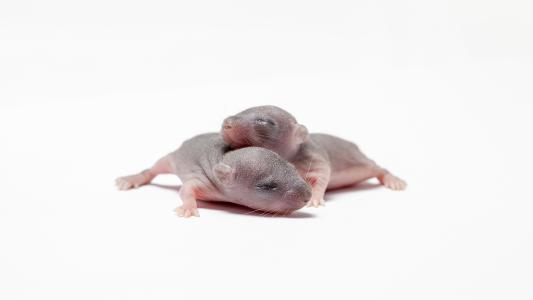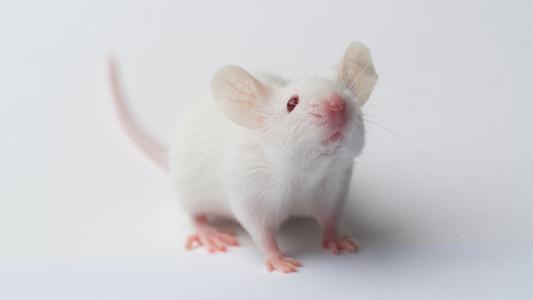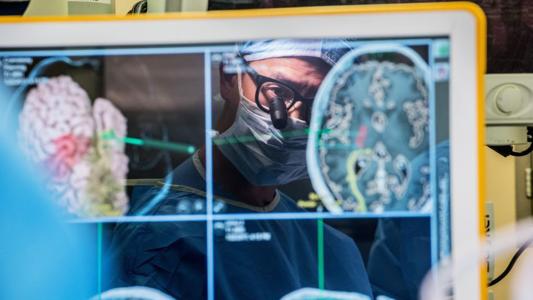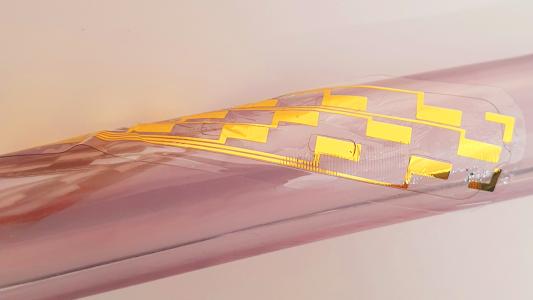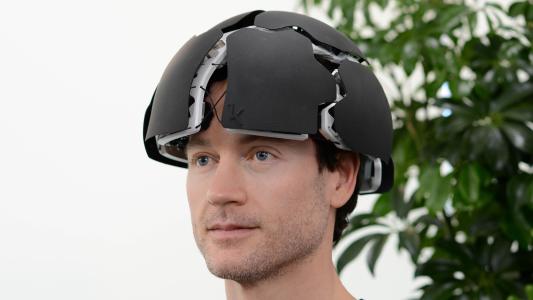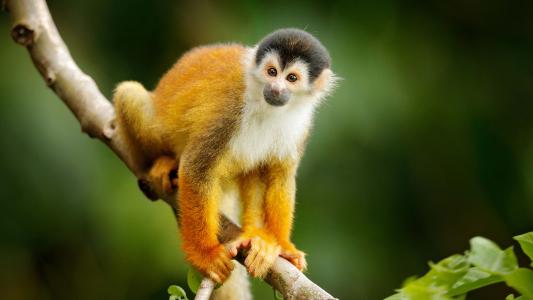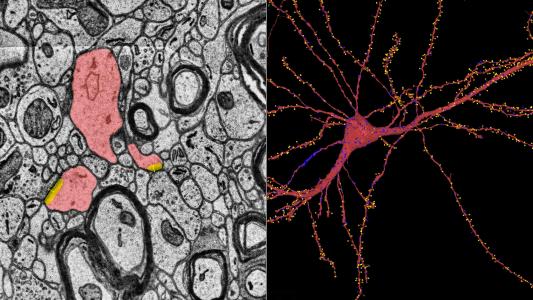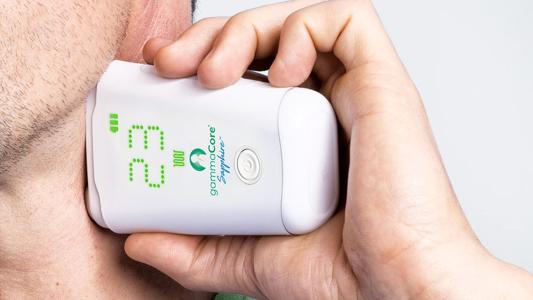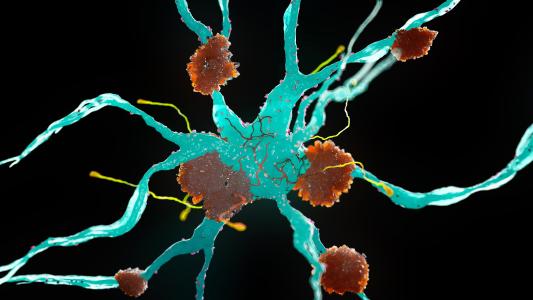Neuroscience
Researchers have created a brain sensor swarm
Researchers at UC Santa Cruz have developed an injectable swarm of nanosenors they hope will measure the brain noninvasively.
Baby mice “dream” about the world before seeing it
Before the eyes of baby mice open, their brains appear to use retinal waves to prep their vision systems to detect objects and motion.
New treatment reverses age-related memory loss in mice
A treatment that reversed age-related memory loss in mice could one day treat or prevent such cognitive decline in older people.
Neuroprosthesis lets paralyzed man “speak” whole words again
An experimental neuroprosthesis that translates brain activity into words on a computer screen has given a paralyzed man back his “voice.”
Hair-thin spine stimulator could relieve severe back pain
A new implant that delivers pain-relieving spinal cord stimulation can be put into place using just a needle — no invasive surgery required.
These mind-reading helmets could be a Fitbit for your brain
Kernel has developed two mind-reading helmets that record the same brain activity data as massive, million-dollar machines, but cost just $100,000.
Treatment appears to stop Alzheimer's in monkeys
NYU researchers have modified monkey’s immune system to slow their equivalent of Alzheimer’s disease and improve their cognition.
Google and Harvard have created the most detailed brain map yet
Google and Harvard have released the most detailed map yet, called a connectome, of a section of the human brain.
Neck-zapping device helps sleep-deprived soldiers think
A handheld device that delivers vagus nerve stimulation was shown to combat the effect of sleep deprivation in soldiers.
Hope and controversy: FDA approves first new Alzheimer's drug in decades
The FDA has approved the first new Alzheimer’s drug in decades, but the decision brings not only hope, but controversy.

